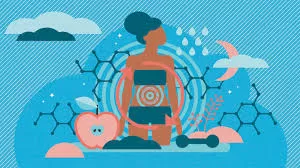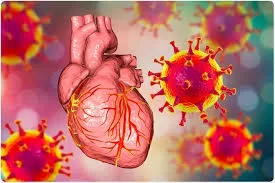Baton Rouge, LA – Can sleeping in a low-oxygen environment help people lose weight? That’s the question Dr. Claire Berryman, a researcher at Pennington Biomedical Research Center, aims to answer through her innovative study, “Low Oxygen and Weight Status” (LOWS). This groundbreaking research is currently recruiting participants aged 22 to 65 for a study lasting up to four months.
The LOWS study begins with a two-week weight maintenance phase, during which all meals are provided to participants. Following this phase, participants will undergo an eight-week weight loss intervention where they will receive a calorie-restricted diet and sleep in a specialized tent placed over their beds. These tents simulate different oxygen levels, with participants randomly assigned to either a normal oxygen group or a reduced oxygen group, mimicking high-altitude conditions similar to those found in Aspen, Colorado, at 8,500 feet above sea level.
“Both groups can expect to lose weight, as they will all be on a calorie-restricted diet for eight weeks,” explained Dr. Berryman, an associate professor of clinical sciences who leads the Nutritional Physiology Lab at Pennington Biomedical. “What we’re investigating is whether lower oxygen levels in the air can lead to increased energy expenditure, reduced appetite, greater weight loss, and improved insulin sensitivity.”
The study is rooted in Dr. Berryman’s previous research, which focused on the health and performance of soldiers during high-altitude training missions. Her findings revealed that soldiers experienced more significant weight loss at higher altitudes compared to sea level, a discovery that could negatively impact military readiness but may offer benefits for individuals seeking weight loss.
This study offers participants the unique opportunity to sleep in tents designed to replicate high-altitude conditions, a method previously used by elite athletes to enhance performance. By carefully monitoring participants’ body weights and metabolic changes, Dr. Berryman and her team hope to uncover new insights into how oxygen levels affect weight loss and metabolic health.
“While diet and exercise are the cornerstones of weight loss research, Dr. Berryman’s study is exploring additional factors that could be crucial in enhancing the body’s calorie-burning potential,” said Dr. John Kirwan, Executive Director of Pennington Biomedical. “We are proud to support this inventive research, which builds on Dr. Berryman’s extensive experience and commitment to discovering new pathways to metabolic health.”
Participants in the study will be compensated up to $2,000 for their involvement, making it an appealing opportunity for those interested in contributing to cutting-edge weight loss research.
Pennington Biomedical Research Center is renowned for recruiting some of the leading minds in biomedical research, and Dr. Berryman’s LOWS study is a testament to the institution’s dedication to advancing our understanding of metabolic health.
For more information or to participate in the study, please contact Pennington Biomedical Research Center.
Source: Pennington Biomedical Research Center











